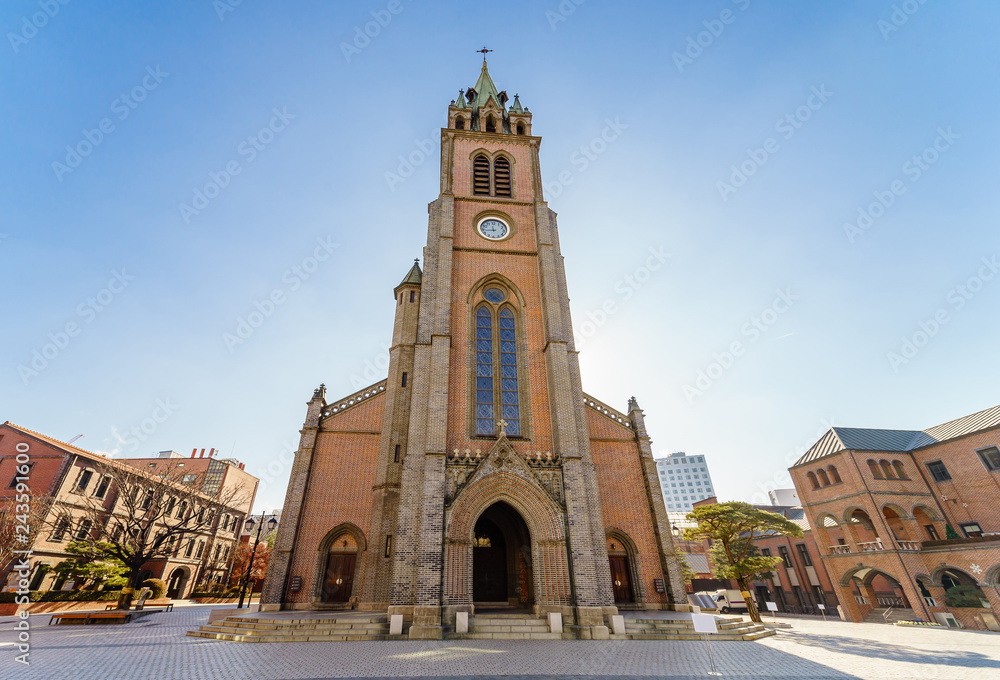
In the Catholic Peace Weekly Peace Column, a university professor gives us a beautiful meditation on the Greek word μερκι 'Meraki' which is difficult to translate into Korean. However, the professor sees the Korean words: to the utmost, utter devotion, heartily, and treating another with utmost courtesy as coming close to the meaning. Putting yourself into the action and melting into it.
'Meraki' is not a word applied only to important matters. The daily act of brewing hot coffee for a guest from afar or arranging the messy collection box to reduce cleaning workers' trouble is also ‘Meraki’ if you do it wholeheartedly.
Loving someone becomes ‘Meraki’. In all the countless acts and moments of love you show and feel—holding your parents' wrinkled and bereaved hands, choosing a gift for a friend you haven't seen for a long time, in feeding your pet animal, or simply doing something for another, we do 'Meraki'. ‘Meraki’ is not an act of seeking rewards or recognizing consequences. It's enough because I can immerse myself in the action and the moment and be devoted.
The reason why every moment of love is ‘Meraki’ is because love— wanting the good of the other— is irreplaceable and unique. You cannot do 'Meraki' with a dispersed mind. You can't be replaced by anyone. It is to live in the moment that can't return. If I say I love you because of your appearance or ability, I do not love you. The moment I am with you does not become 'Meraki'.
Many moments in Jesus' life would have been filled with this 'Meraki'. Jesus taught us to love God "with all our heart, with all our soul, with all our mind, and with all our strength" (Mark 12:30), but he first loved us that way. When he declared the Hebrew people to be his people, it was 'Meraki'. When he bent down to defend the woman who had committed adultery and put his head down to write something on the earth it was 'Meraki'. When he visited the house of Maria and Martha who were in sorrow, again we have 'Meraki'. Before his death, when he broke bread with his disciples and said, 'Receive and eat my body', it was 'Meraki' with a heart ready to explode.
That is what it means to say that God loves us. It means that each of us has been chosen by God and that he loves us as irreplaceable beings. Rich or poor, highly educated or not, disabled or not, heterosexual or sexual minority, left or right, God embraces us without conditions or reasons. For you and me, who are the only unique beings in the world created in his image, it's should be ‘Meraki’ every moment we breathe. There is therefore no life in the world where God's 'Meraki' hasn't entered.
When we confess that God is 'one God', we confess this kind of love for God. In other words, monotheistic faith does not deny or reject other religions. Instead, it means to confess that the God I believe in is the only irreplaceable love for me. It is not that we love God because He is the Almighty who controls everything in heaven and on earth. We do not love God because He blesses us when we live and prepares a place for us to enjoy eternal life when we die.
Regardless of conditions, reasons, and purposes, God first opens his heart to embrace me, and my heart returns that love. That's how God's 'Meraki' enters my life and I return it to my neighbors.





